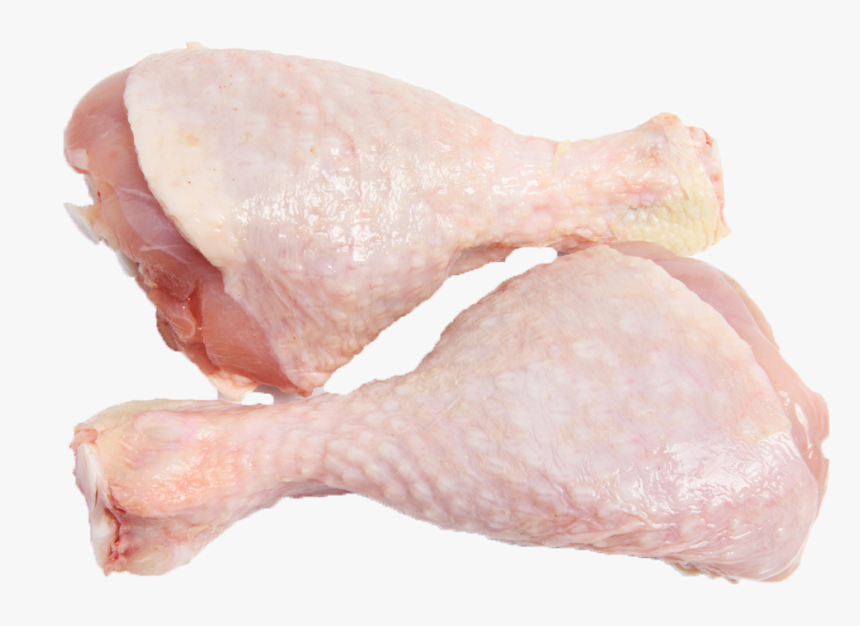Chicken Allergies in Dogs: If your dog is experiencing food allergy symptoms, it may be allergic to chicken. Find out here what are the causes, symptoms, and treatment options for dogs that are allergic to chicken.
One of the most common ingredients in dog food is one of the most common causes of allergies. Chicken is found in most kibbles, wet foods, and dinners.

Food allergies can cause skin conditions in dogs as well as chronic disorders such as indigestion, ear infections and shortness of breath.
Allergies are caused by an abnormally high immune response to a protein, in which case, a type of poultry, the immune system treats it as an intruder.
Foods are broken down into amino acids by the digestive system and the amino acids are absorbed by enterocytes, a type of white blood cell.
When the digestive system does not completely break down proteins, enterocytes see them as invaders and attack the body.
If your dog is suffering from allergy symptoms, your veterinarian may suggest starting by looking at what they are eating.
How can you tell if your dog has a chicken allergy? Here is a look at the causes, symptoms and treatments for a dog that is allergic to chicken.
Causes of Chicken Allergies in Dogs
Chicken develops an allergy when the dog becomes overly sensitive to their immune system substance.
The dog’s body begins to recognize chicken as dangerous and triggers an allergic reaction every time your dog eats.
If your dog’s sensitivity to chicken develops, the problem will get worse. When your dog continues to eat irritating food, their immune system reacts more severely over time, triggering allergy symptoms.

Some dogs are genetically predisposed to food allergies, while others develop them.
Even if your dog has been eating the same food for a few years, they may suddenly develop an allergy to one or more foods.
Also Read: Cavapoochon Dog Breed Information for Dog Owners
The exact cause of this is not known, but we know that in order for a dog to develop sensitivity it is necessary to expose the food to which it is exposed more than once.
Chicken Allergy Symptoms
Food allergies usually occur in dogs older than three years. There are exceptions, and food allergies can have a detrimental effect on the growth of a small dog.
- Skin reactions are most common on the face, groin, legs, and under the forelegs.
- Any food allergy can cause your dog a lot of uncomfortable symptoms, including:
- Itching and scratching, especially on the back end, around the feet, face, and ears
- Ear inflammation as a result of scratching
- Scratching can result in skin lesions, infections, or hair loss
- Gastrointestinal problems Vomiting, diarrhea.
- Chronic ear infections
- Chronic gas
- Chronically inflamed feet
- Excess licking
- Paw biting
If you notice any of these symptoms, it’s time to visit a veterinarian.
Chicken Allergy Diagnosis and Treatment
If you think your dog is suffering from a chicken allergy, consult your veterinarian. They can help you create a plan to determine if chicken is the cause of your dog’s allergies.
In most cases, your dog will be put on a special prescription diet that is not chicken. After your dog has been eating that food for a while and their allergy symptoms have subsided, you can reintroduce chicken into their diet.
If your dog has an allergic reaction, you know chicken is the culprit.

The best way to treat chicken allergy after it is detected is to completely remove the substance from your dog’s diet. This means giving your dog the special food recommended by your vet or making homemade food.
Make sure your dog’s new food can meet their nutritional needs with your veterinarian.
